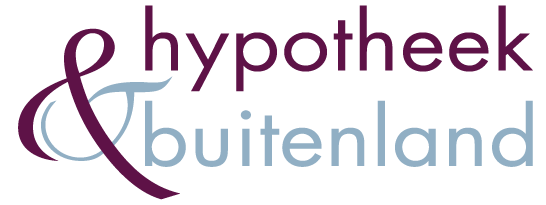Cost of acquisition and ongoing costs France
Cost of acquisition and ongoing costs France
The “buyer’s fees” (also known as “notary fees”) generally include the total costs due in taxes and notary fees. These costs are twofold: one part the costs related to the purchase of the property and the second part related to the notarization of the mortgage. When buying existing construction, the rule of thumb that the total cost is about 7.5% cost is quite accurate. Please contact Mortgage & Abroad if you would like a detailed calculation of the cost of buyer.

